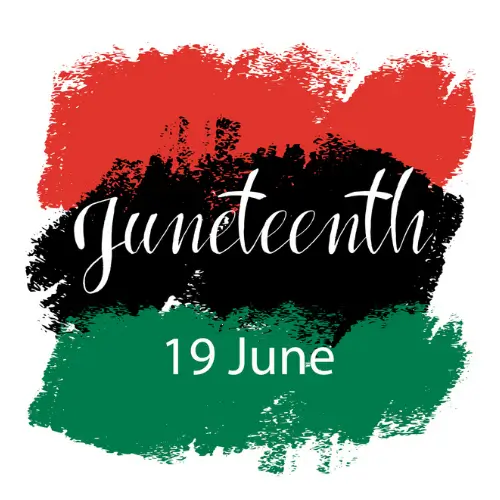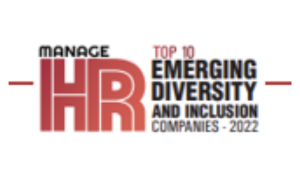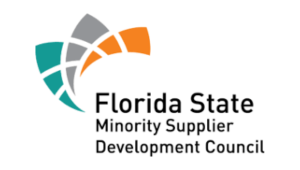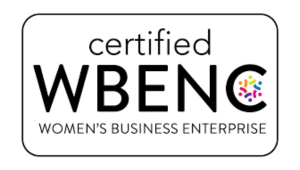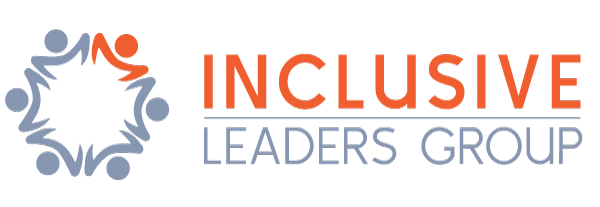Do you know the story behind the celebration of Juneteenth as a holiday? On June 19th, 1865, Union soldiers landed at Galveston, Texas with news that the war had ended and that enslaved men and women were finally free. This was two and a half years after President Lincoln’s Emancipation Proclamation – which had become official January 1, 1863. That news—long delayed by the slaveholders, in a state under Confederate control until the end of the war, set off wide-ranging celebrations among the 250 thousand enslaved Black people in Texas.
The Resilience of White Supremacy
The delay was significant. It was an early signal that real change would face resistance from a white supremacist system. While slavery in its most horrific form was abolished, the exploitation and oppression of Black and brown people (as well as other groups) continued.
But there was, and is, cause for celebration. That is part of the meaning of Juneteenth: It shows us that while change is too slow, change IS possible. When white allies join the celebration of Juneteenth, they are working to heal the moral wounds that are a result of the (often unconscious) participation in the system that has caused so much pain to so many.
Why We Celebrate Juneteenth and The Diversity and Inclusion Journey
Juneteenth remains remarkably relevant in 2021. It serves as a celebration of the progress attained by generations of fighting for freedoms and rights; it also serves as a reminder of the work yet to come that will be necessary in order to ensure a brighter, more equitable world for all people and future generations. On June 19, 2021, let this be a time of reflection on how far we have come while using it as an opportunity to reignite our passion for fighting for equity and inclusion for all.
In 2021, Diversity in the workplace is a powerful and critical differentiator for your business. Workplace diversity entails having employees with a variety of backgrounds who can provide different perspectives and bring with them unique life experiences that benefit your organization’s decision-making and problem-solving processes.
We Celebrate More Than Racial Diversity and Inclusion
While Juneteenth involves Black Americans, there’s more to diversity than just this one component. A truly diverse workforce can mean different things to different people. However, one thing that’s for certain is that it’s more than strictly demographic data. Simply put, diversity can be broken down into a variety of categorizations, including:
- Race and ethnicity
- Culture and language
- Age and generational differences
- Gender and sexual orientation
- Disabilities, Neurodivergence and cognitive functions
- Different experiences, socio-economic backgrounds, and values
The Importance of All Types of People for Workplace Inclusion
While some people may emphasize one type of diversity over another, it’s important to recognize that they are all essential and matter. If your organization’s leadership emphasizes one type of diversity, such as race, gender, or sexual orientation, then they are missing out on workplace inclusion opportunities.
An inclusive workplace is one that makes employees feel appreciated, valued, and that they are a part of the larger picture. All of these things, along with other factors, can help to improve your organization’s reputation in the industry, which can benefit your company’s image and positively affect its bottom line.
Resources For Building A Culture of Inclusion For All
Please help yourself to these resources from Inclusive Leaders Group:
HOW TO TALK ABOUT RACE IN THE WORKPLACE

